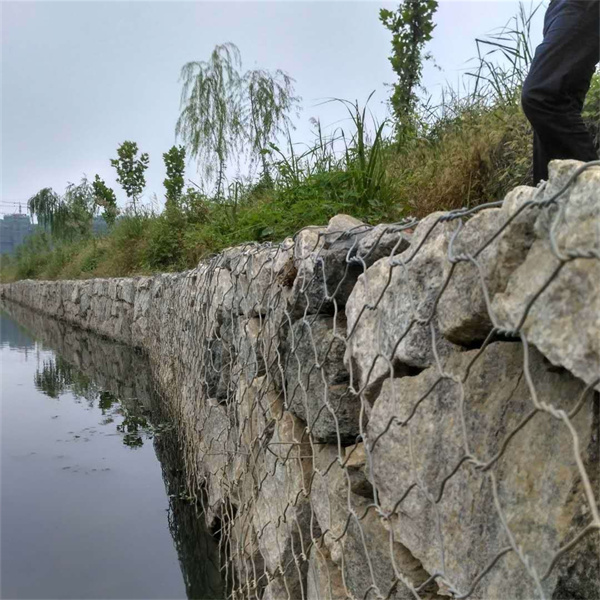Aug . 19, 2024 23:08 Back to list
Understanding the Costs of Building a Gabion Wall for Your Project
The Cost of Gabion Walls A Comprehensive Overview
Gabion walls have gained popularity in recent years as an effective solution for erosion control, retaining walls, and landscape enhancement. Made up of steel mesh cages filled with stones or other materials, these structures offer both aesthetic and functional benefits. However, like any construction project, understanding the costs associated with gabion walls is crucial for budget planning and decision-making.
Initial Costs
The initial costs of constructing a gabion wall can vary significantly based on several factors. Firstly, the materials used will substantially influence the total expense. Gabion baskets, usually made from galvanized steel, can range in price depending on the quality and supplier. On average, the cost of gabion baskets is between $15 to $30 per cubic foot. The cost of filling materials, which can include various types of stones or recycled materials, varies widely as well. Budget-conscious homeowners may opt for locally sourced stones, potentially reducing transport costs.
Additionally, when estimating the overall cost, labor should not be overlooked. Installation of gabion walls typically requires skilled labor, especially for larger or more complex installations. Labor costs can fluctuate based on location but often range from $30 to $70 per hour. For DIY projects, homeowners can save on labor, but they should be prepared for the physical challenges associated with building a durable gabion wall.
Site Preparation and Additional Costs
Before construction can begin, site preparation is necessary, which can also influence the total cost. This may involve clearing the area, ensuring proper drainage, and excavating soil. Depending on site conditions, preparation costs can add anywhere from a few hundred to several thousand dollars to the overall project budget.
gabion wall cost

Moreover, additional features, such as drainage systems or decorative top finishes for gabion walls, can escalate expenses. For example, if a homeowner chooses to incorporate lighting or plantings around the wall, these enhancements will also contribute to the final project cost. Installing a drainage system, which is essential in preventing water buildup and ensuring the long-term stability of the wall, may add $500 to $2,000 depending on the complexity.
Long-Term Considerations and Benefits
While the upfront cost of gabion walls may seem high, they offer several long-term benefits that can offset initial expenses. Gabion walls are typically low-maintenance due to their durability and resistance to weathering. Unlike traditional retaining walls, gabion structures can withstand shifting earth and absorb water, effectively reducing the risks of erosion and structural failure.
Furthermore, gabion walls can enhance property value through improved aesthetics and functional benefits. Properties that integrate gabion walls into their landscaping are often viewed as more appealing, which could increase resale value. Additionally, the environmental benefits of using natural stones and promoting drainage can be attractive to eco-conscious homeowners.
Conclusion
In conclusion, while the cost of gabion walls can vary based on materials, labor, and site conditions, they present an economical solution for landscaping and structural needs in the long run. Homeowners must carefully consider their specific requirements and budget, and possibly consult with professionals for accurate estimates. By understanding the factors influencing gabion wall costs, individuals can make informed decisions and enjoy the numerous benefits these versatile structures provide for years to come.
-
HESCO Gabion Baskets for Coastal Erosion Prevention
NewsAug.22,2025
-
Longevity and Durability of River Rock Gabion Walls
NewsAug.22,2025
-
How to Integrate Gabion 3D Walls in Urban Planning
NewsAug.22,2025
-
Reno Mattress Gabion Applications in Civil Engineering
NewsAug.22,2025
-
How to Install Wire Mesh for Gabion Baskets Properly
NewsAug.22,2025
-
Best Materials for Filling a Chain Link Gabion
NewsAug.22,2025
-
Wire Mesh Thickness Impact on Gabion Wall Load Bearing
NewsAug.12,2025






